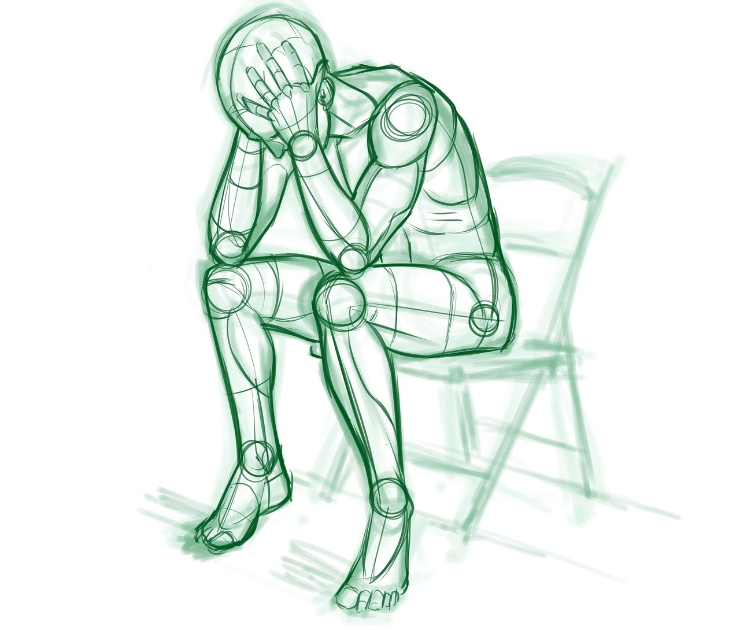
The headline was compelling: The 5 Dumbest Things You Can Do If You Have Too Much Debt.
I even liked the site’s name: How Life Works. That’s a tagline I’d like to use.
I could make my own list of dumb ways to tackle debt, but better if someone else had already done it.
Until I read the list. The first four dumbest things were only OK, but pretty ordinary.
The number 5 dumbest thing, said this writer, was declaring bankruptcy.
Whoa!
My experience over 40 plus years of bankruptcy practice is that the dumbest thing my clients do in dealing with debt is wait too #**!!! long to swallow their false pride or fear and file bankruptcy.
So, I read the post more closely. The post was “sponsored” by Accelerated Financial Services, a debt settlement company.
Ah ha.
The writer had a financial stake in scaring people away from bankruptcy, so he could sell them debt settlement.
Some truth included
The piece had bits of truth.
Bankruptcy does have consequences. The assumption was that all the consequences are negative. Not so.
The negative consequences are not “permanent”, as our shill writes. Bankruptcy does inflict a hit on your credit worthiness when you file. The significance of that hit fades quickly. Within a couple of years, it is far less significant than your current balance sheet.
The financial consequences are positive and immediate. No more debt, starting now.
Neither are the consequences “severe”, particularly when compared to the solution he’d like to sell you.
Consequences of debt settlement
Debt settlement requires that you stop paying your creditors. Why else would a creditor write down your debt if you are currently paying that debt?
So, to participate in debt settlement, you take the hit to your credit record, you expose yourself to collection calls and lawsuits. You have no assurances that all your creditors will, in the end, write down your debts.
You pay both the debt settlement company and your creditors for the “privilege”.
And then, there are the tax consequences of cancelled debt.
How bankruptcy works
If you choose bankruptcy, a federal court protects you from collection action after you file.
Creditors don’t get to choose whether they will be affected by the filing.
The debts are gone, in full, quickly and predictably. You start your financial recovery immediately. There are no tax consequences for most.
You put the money you would have spent settling debts to work saving for emergencies, college or retirement.
Bankruptcy not for everyone
There are no simple rules for when bankruptcy is best. The smaller your debt, the more stable your income, and the younger you are, the more likely you can get by without bankruptcy.
Conversely, if your debts are large, high interest, you are older, have multiple dependents, or have uncertain income or health, it may be best to dump the debt and concentrate your efforts on stability, security and retirement.
Weighing factors in deciding to file bankruptcy
The dumbest thing in dealing with debt, in my book, is rejecting a bankruptcy solution without getting input from an experienced bankruptcy lawyer.
End of rant.
Image courtesy of JBrazito and Flickr.





